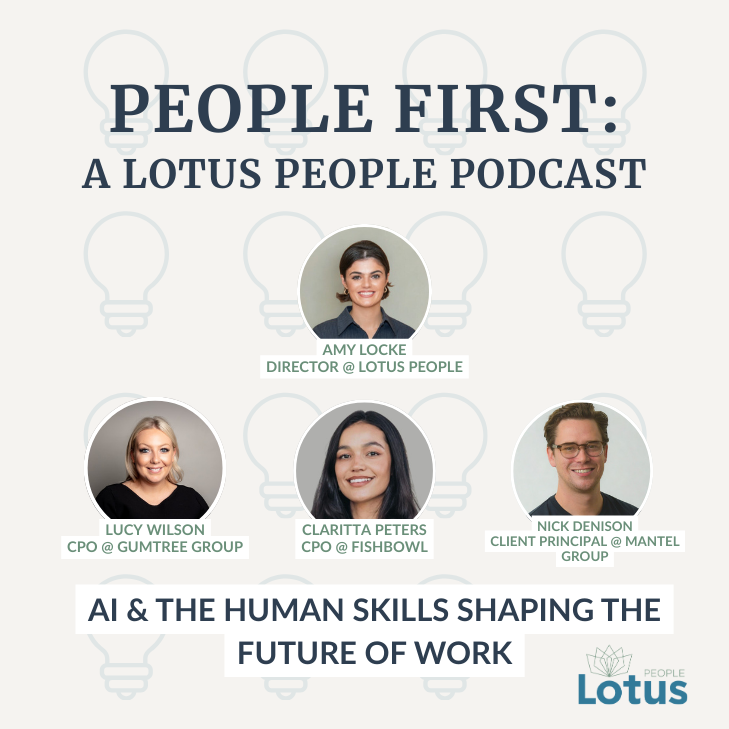Having kicked off our newsletter covering topics such as tackling the great resignation and tips on how to level up your employer brand and, most recently, tips to minimise turnover, this is the fourth instalment where Lotus People guide you on creating the best talent strategy for 2022.
To find out more about what you can to do position yourself for success this year, join our upcoming webinar on talent strategies for 2022; how to attract and retain your best people. I’ll be joined by Kate Jolly from rapidly growing tech business, Employment Hero, and we’ll be speaking about the market and the changes we’re seeing from both an internal talent and external agency perspective.
This week, I’m going to be touching on a much debated topic – the work life balance/ hybrid blend and the importance of flexibility at work.
Any of the data I’ve read shows that most employees want to continue with some time working from home every week post-pandemic. There is no hard and fast solution to this issue, with a number of considerations; business needs, employee mental health, impact of isolation whilst working from home, importance of community and connection gained through working in an office and much more. But the data supports the fact that when attracting the best talent, a favourable WFH policy is going to be crucial for businesses.
According to LinkedIn data, employees satisfied with their organisation’s flexibility are:
- 3.4 times more likely to successfully balance work and personal obligations
- 2.6 times more likely to be happy working for their employer
- 2.1 times more likely to recommend working for their employer
Just yesterday I spoke with a business who is asking their team to come in to the office four days a week. They are hiring a key role for the business and told me that they have had their last three offers rejected, with countless candidates dropping out of the interview process, leaving them frustrated and fatigued by recruitment.
After a bit of digging, I found out that the leadership team don’t like managing people from a distance and really prefer that their employees are physically in the office.
This is a story we hear often, employers requesting employees return to an almost pre-COVID way of working and most of the time it’s because of lack of trust, lack of tech adoption and a frustration with the “new way of working”. Anecdotally, most of the candidates we speak to daily are seeking a new role because their organisation hasn’t adopted a flexibility policy that aligns with their preferences.
It’s a very different world of work but is an important consideration for 2022 and one that the Lotus People team get asked about daily and whilst every business will have a different approach, I do know that companies who do not adjust their flexible policies to reflect the new way of working risk being left behind in 2022, in what is a job-seekers market.
Find out more about how to keep up with the ever-changing recruitment industry by following our newsletter, blogs, and reaching out to info@lotuspeople.com.au for a copy of our talent strategy guide this 2022.
You may also like...





